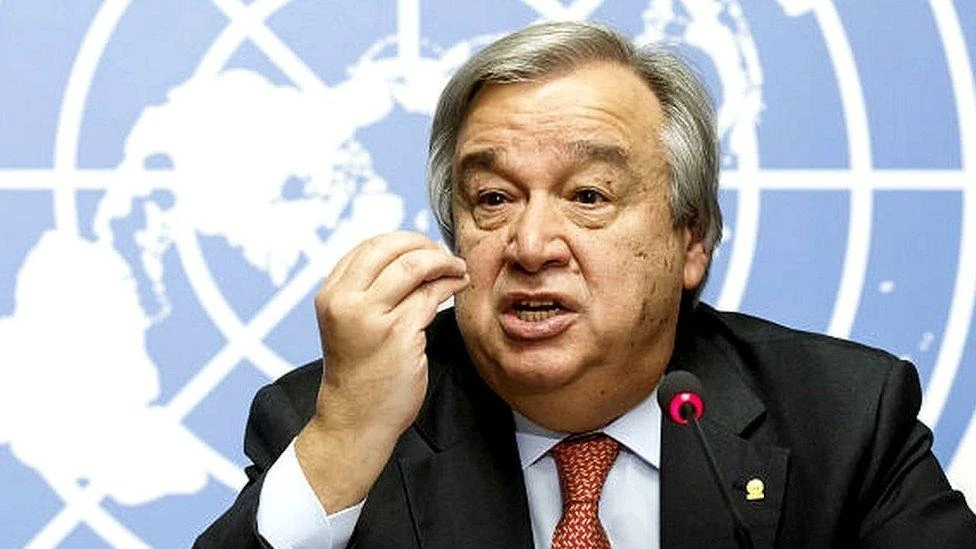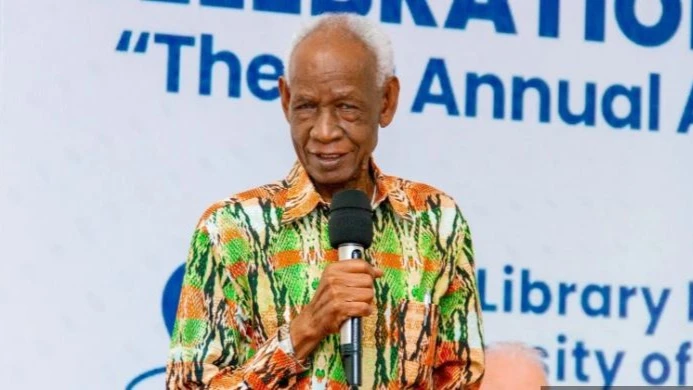Impeachment process across the border tarnishes the case for excessive reforms

IT is not deniable that the changes in the constitutional process across the border that took nearly 20 years to be approved in 2010 have had pride of place in how a militant section of reformists look at the political process or constitutional format in the country, wishing to imitate what happens there. Regrettably, this has led to a slight twist in political language, when meetings are explicitly called to figure out how to direct action to something like the anti-tax riots there. But there is considerable silence in relation to impeachment procedures against the erstwhile running mate, now VP.
It may all have started with founded or questionable feelings that the riots had a centre somewhere, even if the youths appeared to work via social media channels rather than organised political parties, or acknowledged political elders. Riots that finally remove a specific constitutional order often arise from a significant increase in the price of bread, or bus fares, hospital charges, etc where each country that is ripe for change will get its push, be engulfed in riots. It implies that something was nearly boiling in that situation and thus ‘a single spark can start a prairie fire,’ as they say.
What the procedures in the neighbourhood have helped to bring about is an acute shift in the public mood, from adequacy or otherwise of changes in the government at the time the cabinet of ministers was reconstituted. It was summarily benched – not exactly dismissed – when measures to withdraw this year’s Finance Bill proved to be inadequate to stop demonstrations and riots. It appears it was at that stage, including position taking by individual politicians that accusations of abetting demos, riots may have been initiated, for instance if some provincial item in the demos’ agenda crept in.
There have been occasions of visible strain at the highest echelons of state, where in 1984 the Union vice-president or first vice-president was removed from office, but in a tidier manner, by a secluded central committee vote. Issues of political loyalty do not in the first place belong to parliamentary procedures or an upper chamber acting as an appeal court – and finally the matter is taken to the Supreme Court. It is parallel to periodic litigation on the presidential elections results, always taken to the top court.
There is something somewhat exciting about role creation and institutionalism that is suggested in all this, where every MP’s vote counts, and the whole process can be thrown away in the Senate, etc. To professional militants, activists and legal pundits this situation is altogether excellent and that is what we are supposed to imitate in the much vaunted pursuit of a new constitution. Yet as dissent is always permitted in democratic debate, some of us will be excused for not being overly impressed, really.
Top Headlines
© 2024 IPPMEDIA.COM. ALL RIGHTS RESERVED

















